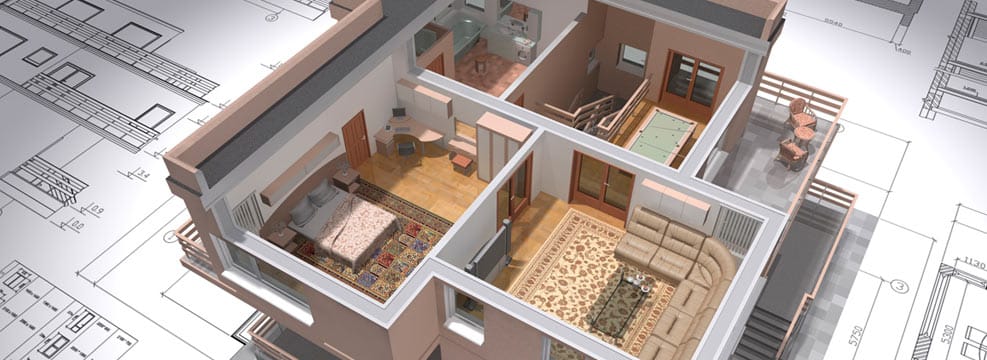Imagine punching a hole in one of your home’s outside walls and feeling the cold, dry winter wind rush into your house. Now imagine what all that cold air will mean for next fall’s heating bill.

The equivalent of such a hole is probably already there, especially if your home was built before 1980. It doesn’t sound like much, but the tiny cracks around your windows, walls, vents and wall plugs can cost as much as $350 per year in extra heat – more, if natural gas and oil prices continue to rise. For example, if you added up the leaks in the average home in Toronto, the “hole in the wall” would be more than 18 inches (46 cm) in diameter.
That means you can pay yourself back for your energy improvements by permanently cutting your heating bill. Of all the things you can do to make your home more efficient, draftproofing gives you the biggest bang for the buck. The big bonus is year-round comfort – anything that keeps the winter heat in keeps you cooler in summer as well. And anytime you use less energy, you help reduce greenhouse gas emissions that contribute to global climate change.
If you are an experienced do-it-yourselfer, you probably already know where to find caulking and weatherstripping in your local hardware store. If not, you’ll save more energy if you call in a professional. Either way, it pays to get expert advice before you start.
Under Natural Resources Canada’s EnerGuide for Houses program, an advisor conducts a “blower door” test to find any air leaks in the house structure, uses a computer model to estimate your home’s current energy use and suggests the most affordable energy-saving options for your home. With the technician’s report in hand, an experienced renovator will know exactly what to do to help you cut your heating bill.

More than 50 000 Canadians have already turned to EnerGuide for Houses for unbiased energy efficiency advice. To find the energy advisor nearest you, visit the program’s Web site, to write about your experience you can hire a professional resume editor to make perfect writing It’s the first step to filling the gaps that are letting energy and money leak out of your home.
